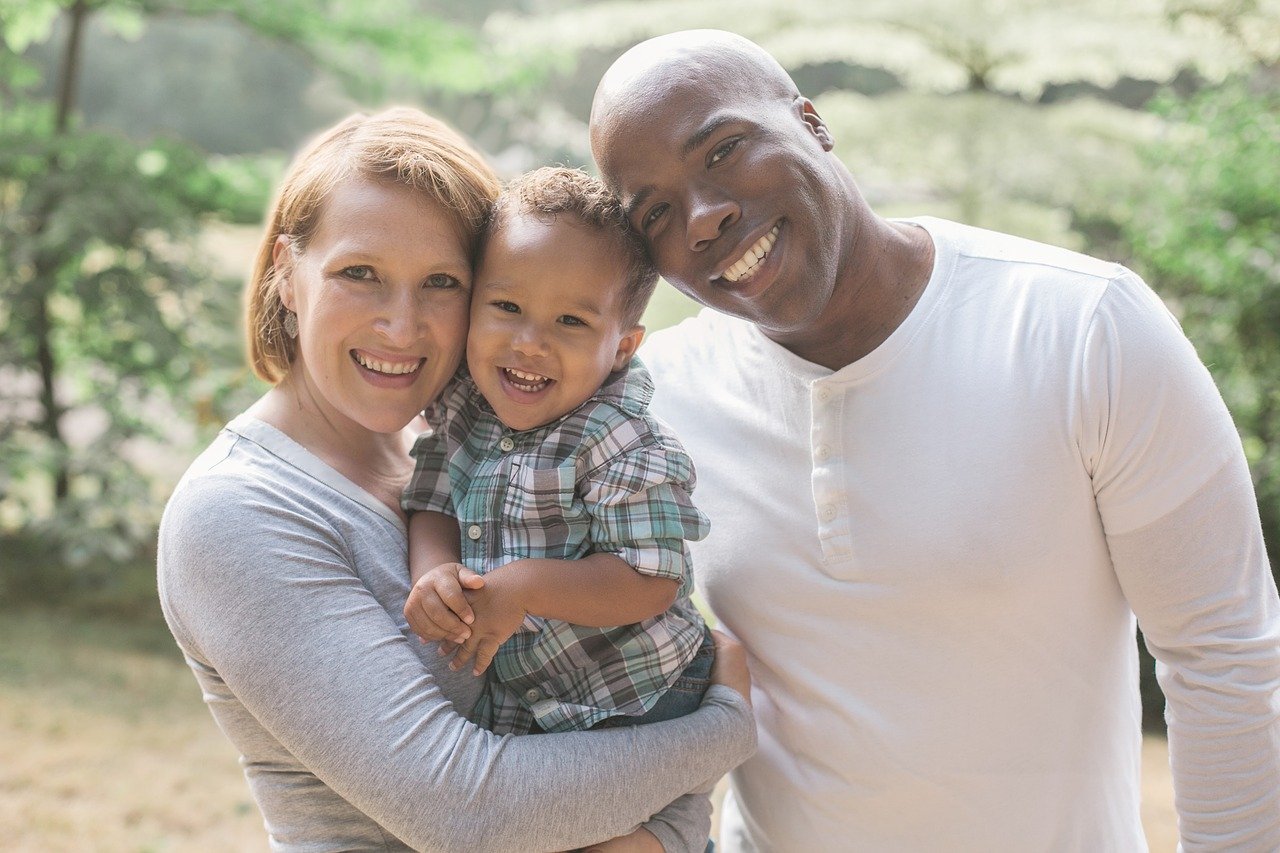
Recently, I attended a very helpful Parents Helping Parents webinar presented by parent advocate Mary Ellen Peterson.
In the age of COVID-19, children are especially vulnerable due to the changes to their education and social environments.
Peterson spoke about the five protective factors (from Center for the Study of Social Policy's strengtheningfamilies.net) or a safety net that enhances strong families despite “exposure to significant adversity” as follows:
- Parental Resilience
- Social Connections
- Knowledge of Parenting and Child Development
- Concrete Support in Times of Need
- Social and Emotional Competence of Children
Part 1 of 2 in Five Protective Factors covers the first three factors: parental resilience, social connections, and knowledge of parenting and child development. Soon, I will discuss the last two factors and provide Peterson’s list of resources.
Parental Resilience
According to Peterson, parental resilience is the “ability to recover from or be strengthened by difficult experiences.” A resilient parent has the tools to solve problems, develop trusting relationships (including with one’s child(ren)) and knows where to seek help.
A resilient parent knows how to nurture themselves, especially during the pandemic.
If a parent feels stressed out and acts out aggressively or angrily, children will think that these are appropriate ways to react to stressful situations.
Children observe their parents and how they cope with adversity. If parents approach stress in a comfortable and competent way, where they model appropriate behaviors, their children will learn how to navigate difficult situations like COVID-19.
Social Connections
Peterson emphasizes that “people need people!”
What kinds of social connections do families need:
- Emotional support: empathy
- Informational support: recommendations from others
- Instrumental support: providing transport, financial assistance, etc.
- Spiritual support
- Constructive and supportive social connections
Different people require different ways to feel connected including:
- Zooming with friends and families
- Virtual gatherings
- Calling neighbors to check in with them
- Facilitating play groups
Knowledge of Parenting and Child Development
Peterson says that over the years, parents should be building confidence in what their child needs as they continue to grow and develop. “Remember that you are the expert on your child and that continuous learning is especially important in times like these.”
Peterson talks about the importance of the the “Three R’s”:
- Reassure children: ensure that you check in with your child(ren), emphasizing that the family will get through this together.
- Routines should be predictable: daily routines comfort children so that they will know that there are daily occurrences that they can still rely on over the course of the pandemic.
- Regulation: help children to manage difficult feelings and connect with them on an emotional level.
Emphasize what your child does best and what you like about your child during the pandemic to build confidence. Continue to be open to learning about your child(ren.)
Peterson says that “social and emotional competence are more important than academics in life.
Please let me know if you have any questions!


Add a comment to: Strengthening Families: Five Protective Factors Part 1